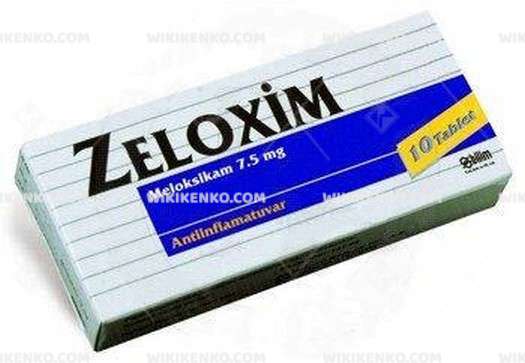In the cold months, many people are drawn to hot showers. But is it truly healthy? Let’s explore how your choice of shower temperature can affect your well-being and even boost your immune system.
More than half of the people in Germany shower daily. While from a medical standpoint, two to three showers a week are sufficient, many individuals prefer daily showers. The temperature you choose doesn’t just impact your comfort but also your health.
The Benefits of Warm Showers
- Stress Reduction: Taking a warm shower can be an excellent way to unwind after a stressful day. The warmth causes blood vessels to dilate, promoting muscle relaxation. However, it’s essential not to overdo it, as frequent hot showers can be harsh on the skin.
- Relief from Cold Symptoms: Warm showers can provide relief during a cold. The steam generated helps to clear nasal and sinus congestion, making you feel more comfortable. Cold can add extra strain to an already weakened immune system.
- Improved Sleep: If you have trouble falling asleep, consider a warm shower before bedtime. It can lower your body temperature and trigger the release of melatonin, the sleep-inducing hormone, ensuring a more restful slumber.
The Perks of Cold Showers
- Healthy Skin and Hair: Warm water can strip your skin of its natural oils, potentially causing dryness. Cold water, on the other hand, helps maintain the skin’s protective lipid barrier, benefiting those with dry or sensitive skin. It also strengthens hair follicles, making your hair look healthier.
- Weight Management: Surprisingly, cold showers might help with weight loss. They activate brown fat cells, which burn calories to generate heat. This is in contrast to white fat, which stores calories.
- Mood Enhancement: Although not scientifically proven, many people report feeling more alert and happier after a cold shower. This could be attributed to the increased release of endorphins and noradrenaline during the exposure to cold water.
- Immune System Support: Cold showers, particularly when used in contrast with warm water (known as contrast showers), can help boost the immune system. They promote better circulation and harden the blood vessels, potentially regulating blood pressure.
The Case for Contrast Showers
- Improved Mood: The greater the temperature difference in a contrast shower, the more intense the feelings of well-being. Starting your day with a contrast shower could be a great way to boost your mood.
- Post-Workout Recovery: Contrast showers can be beneficial after exercise. By narrowing blood vessels during the cold phase and expanding them in the warm phase, these showers can help reduce muscle soreness.
- Enhanced Immunity: By challenging your body with changing temperatures, you may strengthen your immune response and potentially better your overall health.
Conclusion
The debate between hot and cold showers has no definitive winner, as both have their unique advantages. The key is to find a balance that suits your personal preferences and needs. For example, you might choose a warm shower for relaxation after a tough day and a cold one for an energy boost in the morning.
It’s essential to remember that individual responses to water temperatures can vary. What’s comfortable for one person may not be for another. As with any aspect of health, the key is moderation.










